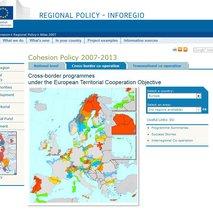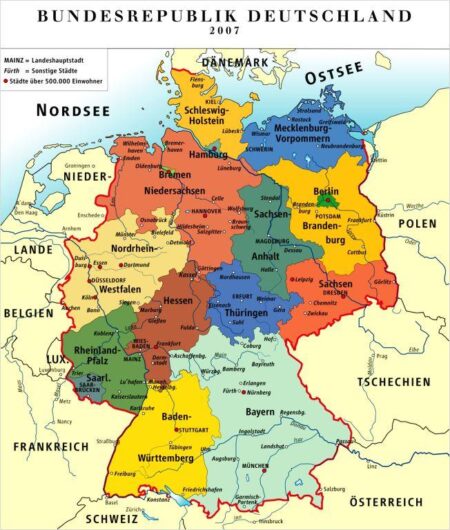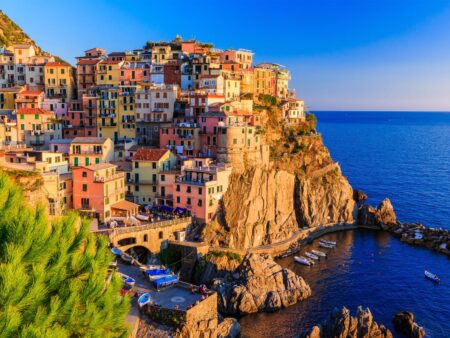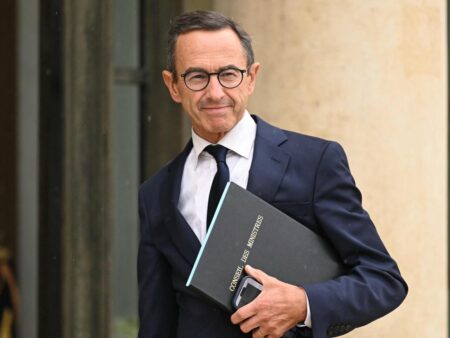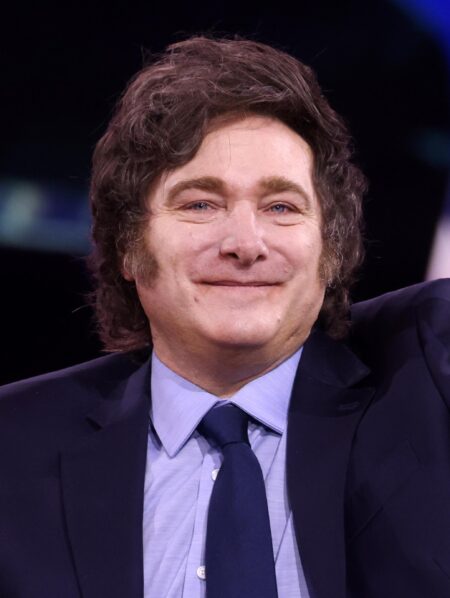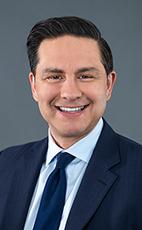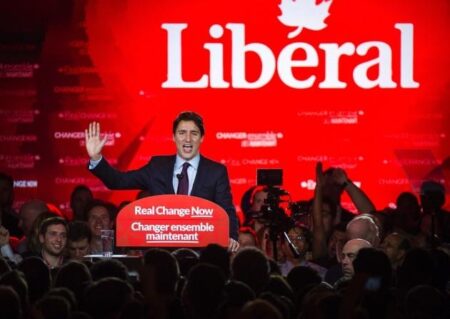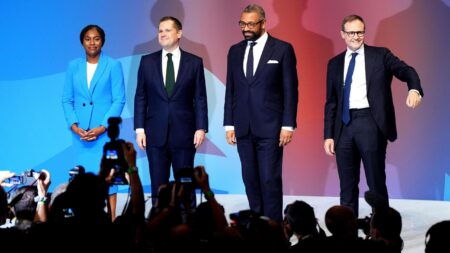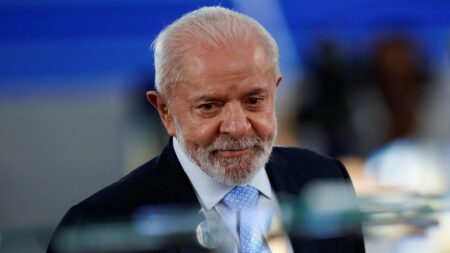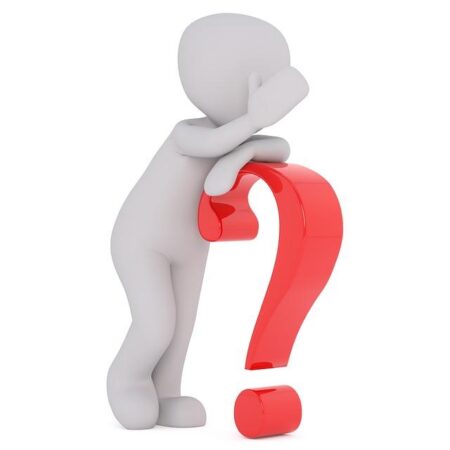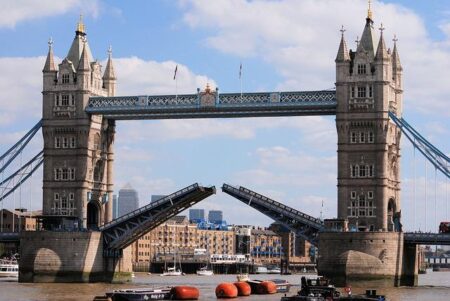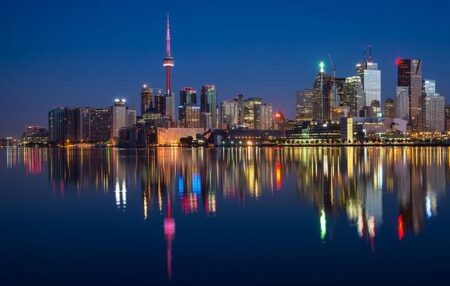Inforegio Executive Vice-President Raffaele Fitto recently led an inspiring Youth Policy Dialogue in Italy, igniting fresh ideas and energizing young Europeans to take an active role. This vibrant event highlights the European Commission’s unwavering commitment to empowering the next generation
Browsing: political leadership
Germany’s Social Democrats have officially bid farewell to Olaf Scholz as party leader, marking a pivotal moment just ahead of the upcoming elections. This transition sparks an exciting new chapter for the SPD as they navigate shifting political landscapes
Italy’s leader has shown a keen interest in supporting Donald Trump’s ambitious mediation plan for the Ukraine conflict, but only with the Vatican’s blessing. This initiative highlights a promising diplomatic effort amid the rising global tensions surrounding the ongoing war
In a decisive turn of events, Interior Minister Bruno Retailleau has emerged victorious as the leader of France’s conservative party after a crucial vote. This win not only solidifies his leadership but also signals an exciting new chapter for the party, as it seeks to rally conservatives and forge a united front ahead of the upcoming elections.
In a daring shift, Argentine President Javier Milei’s revolutionary economic reforms, often described as a “chainsaw,” are making waves as inflation takes a nosedive and investments flourish. While critics voice their apprehensions, supporters passionately contend that it’s high time for bold measures to revitalize the faltering economy.
Pierre Poilievre, the Opposition Leader in Canada, has unexpectedly lost his seat in Parliament, signaling a dramatic shift in the political landscape. This surprising turn of events leaves many wondering what lies ahead for the Conservative Party as it gears up for the next election.
In the 2025 Australian election, opposition leader Peter Dutton experienced a stunning defeat, largely due to his coalition’s unclear policies and growing public frustration over economic management. Analysts point out that his inability to connect with crucial voter demographics played a significant role in this outcome.
In a remarkable political twist, the Liberal Party of Canada has triumphed over a conservative leader whose rhetoric resonates with that of Donald Trump. This victory not only sets them apart from the challenges currently confronting American Democrats but also showcases innovative strategies that could potentially reshape U.S. political landscapes.
Conservative leader Pierre Poilievre seems poised to strengthen his foothold as national support swells. Yet, the recent economic turmoil fueled by Trump’s bold statements has thrown a wrench in his plans, casting a shadow of uncertainty over his leadership ambitions.
In his pursuit to restore economic stability, Javier Milei’s bold policies may be key to revitalizing Argentina’s struggling economy. As the country grapples with inflation and fiscal challenges, his vision for a “normal” financial landscape warrants serious consideration.
Once heralded as the world’s most popular politician, Brazilian President Luiz Inácio Lula da Silva is now grappling with a significant drop in approval ratings. Critics point to economic struggles and rising inflation as key factors in this decline.
In a recent appearance, Alberta Premier Danielle Smith attempted to clarify Pierre Poilievre’s political stance to an American audience. Her explanations inadvertently resonated with Canadians, sparking discussions about leadership and national identity amidst evolving political dynamics.
As the Canadian elections approach, recent polls indicate a tightening race between Mark Carney and Pierre Poilievre. Analysts suggest Carney’s economic background may resonate with voters, but Poilievre’s established base presents a formidable challenge.
In a significant diplomatic engagement, former President Trump met with Argentine President Javier Milei at the US Embassy. The discussion focused on strengthening bilateral relations and addressing key economic challenges facing both nations.
Britain has emerged as a leading advocate for strengthening European support for Ukraine amid ongoing tensions with Russia. As discussions intensify, UK officials emphasize the need for coordinated military and humanitarian aid to bolster Ukraine’s resilience and stability.
In a recent address, PM Pedro Sánchez emphasized Spain’s responsibility to support nations threatened by Russian aggression. He called for increased solidarity within the European Union, urging member states to bolster diplomatic and military assistance to ensure regional stability.
Governor Jared Polis raised the Canadian flag at the State Capitol to commemorate the inaugural Colorado Canada Friendship Day. This celebration aims to strengthen ties between Colorado and Canada, highlighting shared values and cultural connections.
Germany’s finance minister, Christian Merz, faces a critical deadline to unveil a groundbreaking spending plan aimed at revitalizing the nation’s economy. With just two weeks to act, the implications of his decisions could reshape fiscal policy for years to come.
In a decisive victory, Mark Carney, newly elected Prime Minister of Canada, emphasized national sovereignty, stating, “Canada will never ever be part of America.” His remarks resonate amid ongoing debates about Canadian identity and independence in a globalized world.
Emmanuel Macron is navigating a significant diplomatic comeback as he shifts focus from France’s domestic challenges to revitalizing Europe’s defense strategy. His efforts aim to strengthen regional security amid rising global tensions and ongoing geopolitical shifts.

